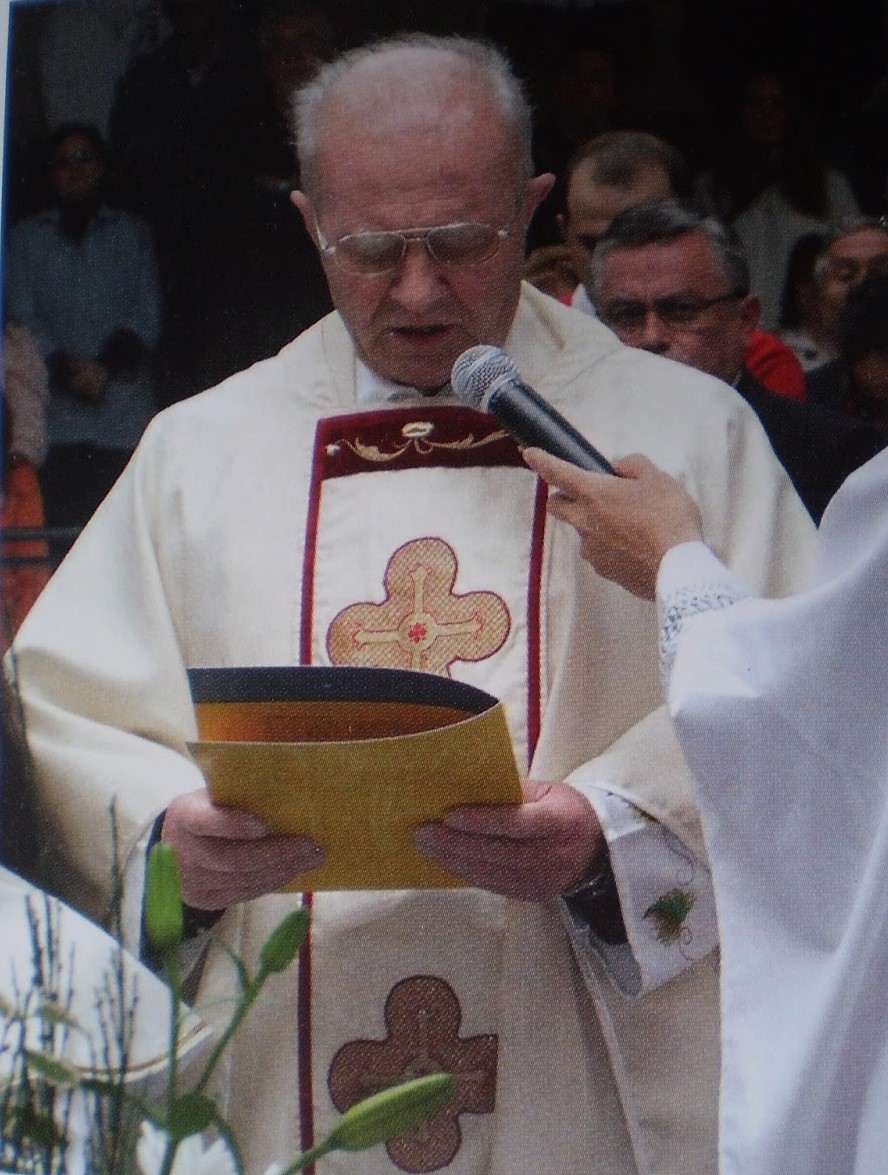Taiwan, China Hold Landmark Talks on Mainland
NAJING —
VOA's Victor Beattie contributed to this report.
fuente. La Voz de América, http://www.voanews.com/content/taiwan-china-hold-landmark-talks-on-mainland/1848781.html
Taiwan and China on Tuesday held their first high-level political talks since their civil war ended 65 years ago.
Meeting in the southern Chinese city of Nanjing amid warming cross-strait relations, Taiwan's Mainland Affairs Council chairman Wang Yu-chi, and Zhang Zhijun, head of China's Taiwan Affairs Office, both expressed amazement that they were able to arrange the meeting in the space of four months.
The two also disclosed that they held a 5 minute meeting on the sidelines of the Asian Pacific Economic Conference (APEC) last October in Indonesia, during which they agreed to make regular get-togethers a reality.
Taiwan's Wang said he hopes his visit can serve as a catalyst for further improved ties.
"We are able to sit down today for a meeting to discuss issues concerning both sides and we should cherish this peaceful and stable momentum," he noted. "I hope we can further promote the cross-strait relationship on the basis of the consensus reached previously."
Zhang said a "breakthrough" in Taiwan-China ties is possible, but that a fresh approach is needed.
"It's impossible to imagine in the past that we could sit here and meet," Zhang said. "We must have some imagination if [we want to] resolve some difficulties, not just [this] kind of meeting. We should also have [a] bigger imagination for cross-strait future development."
Dozens of reporters were on hand to cover the start of Wang's historic four-day visit, which will also include a trip to Shanghai with his 20-member delegation.
There is no official agenda for the visit, but many expect it to be a largely symbolic confidence-building measure.
In announcing the trip last month, Wang said he would not be dealing with sensitive political issues, but will help establish a communication mechanism to avoid misunderstandings.
For now, however, it is unclear just how far Tuesday's meeting could take relations. Speaking with reporters after the talks, neither side would respond to questions about whether Taiwan's President Ma Ying-jeou could possibly meet with China's leader Xi Jinping later this year on the sidelines of the APEC leader's summit in Beijing.
"The heads of government departments in charge of cross-strait relations, as already has been mentioned, have just taken an important step," said Ma Xiaoguang, a spokesman for the Taiwan Affairs Office when asked about a possible top-level meeting. "And where there is a first step, there is a second. From a long-term perspective of cross-strait relations, this mechanism that has been set up is already a very open approach."
Late last year, China's president urged the two sides to work to address their political differences, saying that issue cannot be postponed forever. Taiwan's president, however, says there is no urgency about holding political talks, and he would like the focus to remain on trade.
Both sides stressed, however, that regular meetings would not replace the semi-official organizations that have been managing ties between China and Taiwan for more than two decades.
During the meeting in Nanjing, China expressed its desire that Taiwan resolve lingering issues over a trade and services agreement that is currently held up in Taiwan's legislature. China says it should be resolved before the end of the year. Taiwan's Wang says he asked members of the Taiwan Affairs Office Tuesday to understand the differences between the two sides' political systems, and so the Mainland Affairs Council must respect the views of Taiwan's legislature.
During the meeting, Wang invited his counterpart Zhang to travel to Taiwan for the next round of talks. Zhang said he was "willing to visit Taiwan at a suitable time in the future," though no date has yet been set for such a meeting. They also discussed the issue of journalists reporting from both Taiwan and China. Currently, reporters from one side of the Taiwan Strait can only spend three months at a time in the other place.
A complicated past
Taiwan and China do not officially recognize each other. Taiwan split from China following a civil war in 1949, when Nationalists fled to the island after being defeated by Mao Zedong's Communists, but Beijing still regards it as a breakaway province that will someday be reunified with the mainland.
China has long claimed the self-ruled island is part of its territory, and finding a way past their political differences — let alone how they might address one another if they were to meet — has long been a sticking point.
Economic ties have improved in recent years, especially after the somewhat Beijing-friendly Ma Ying-jeou was elected president in 2008 and re-elected in 2012.
Gordon Chang, analyst and author of The Coming Collapse of China, said closer economic relations do not necessarily mean closer political ties. He told VOA he sees little chance of a political integration. "The overriding reality is that most of the people in Taiwan do not want to be part of the People's Republic," he stated. "And although Ma Ying-jeou might want a political accommodation with China, he's not going to be able to do it."
But Ching Chang, a Taiwan-based research fellow at the Society for Strategic Studies, told VOA many Taiwanese are taking a "wait and see" approach to relations with Beijing. "The majority, they want to keep the status quo, and wait and see. Because there is a certain level of uncertainty [about] what will be the future development of China. At least for the foreseeable future," he said. "There are many uncertainties. So most people take a very pragmatic attitude."
Some opposition legislators in Taiwan have expressed concern over Wang's trip, saying he should convey the Taiwanese people are concerned about human rights in mainland China.
The United States maintains only an unofficial relationship with Taiwan under its "One China policy," though it does support the Taiwanese government militarily.
fuente. La Voz de América, http://www.voanews.com/content/taiwan-china-hold-landmark-talks-on-mainland/1848781.html


Comentarios